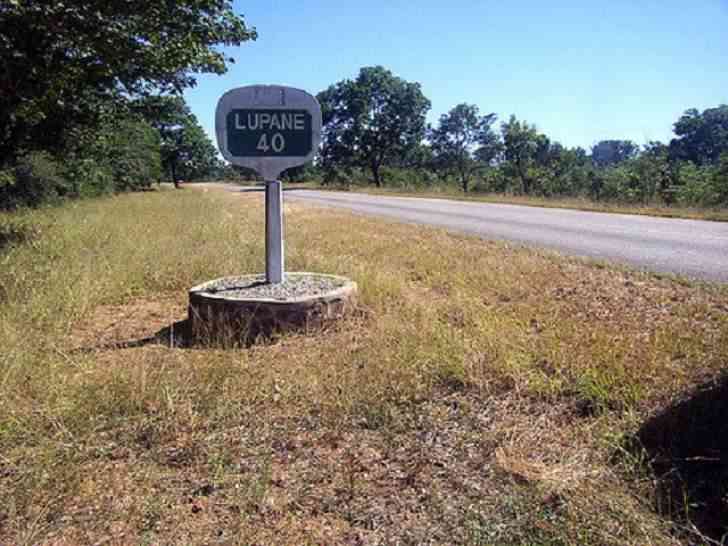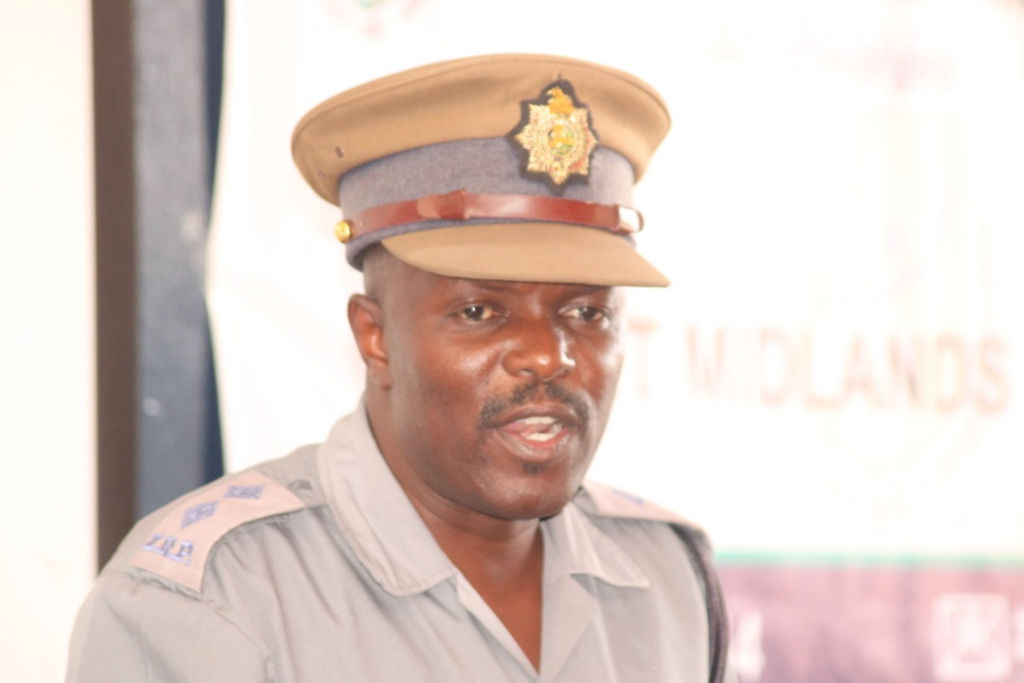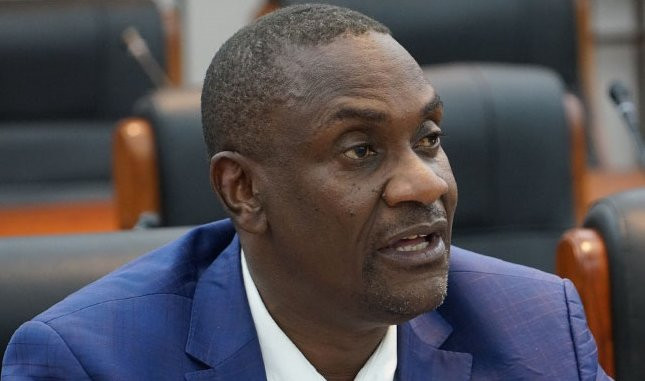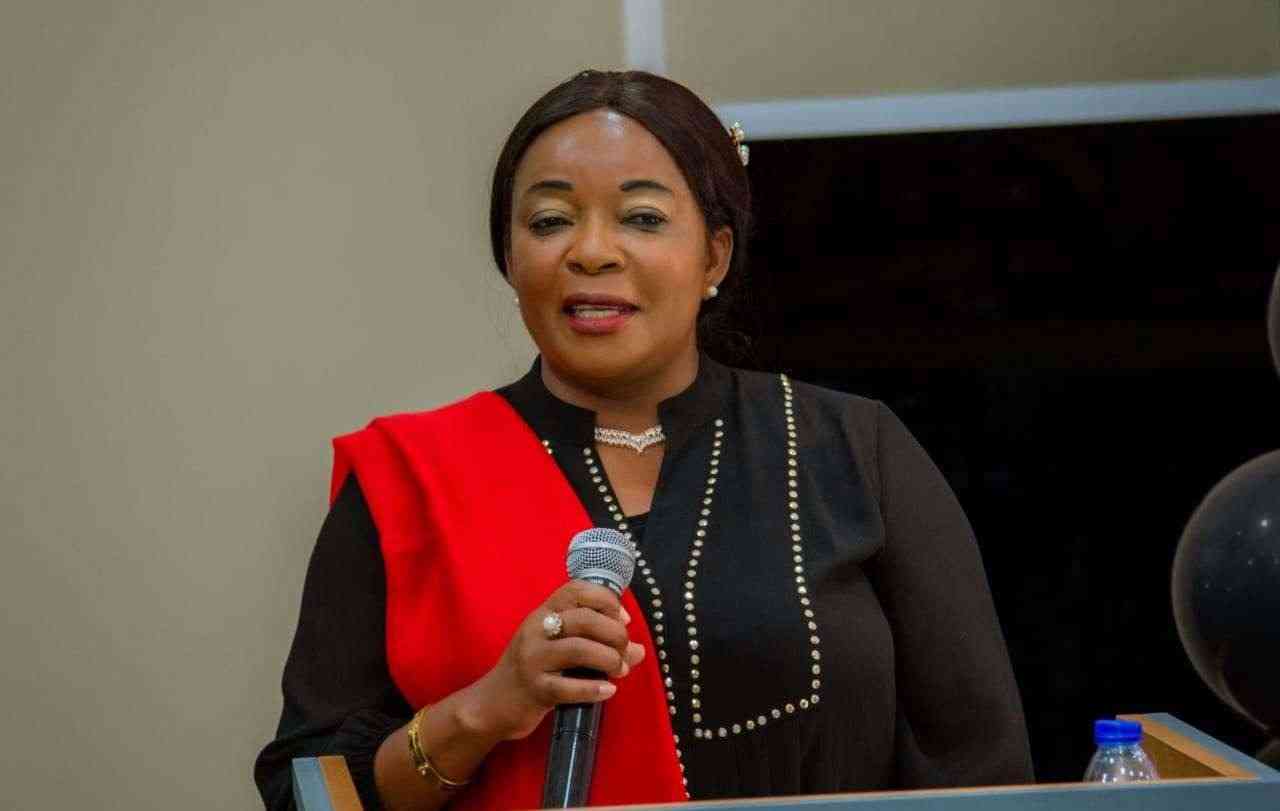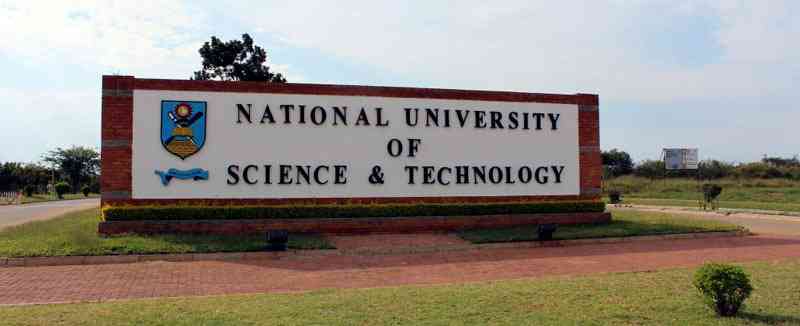
There are reports of underground tribal “wars” among learners at the National University of Science and Technology (Nust) with its Student Representative Council (SRC) accused of fuelling ethnic divisions at the Bulawayo-based institution.
There are claims that students from Matabeleland provinces were being shut out from the SRC, among other initiatives co-ordinated by the student’s body.
Southern Eye Weekender reporter Mpumelelo Moyo (SE) caught up with Nust SRC president Wardle Gombingo(WG) to discuss the matter.
Below are the excerpts of the interview.
SE: We have received reports from some students over their alleged marginalisation by the Nust SRC. There are issues of tribal undertones. What is your take on that?
WG: I feel that it is crucial to create an inclusive and supportive environment for all students, regardless of their background.
It is disheartening to hear about any form of marginalisation within student leadership, and it is essential to address these concerns with empathy and understanding.
For example, in my Cabinet, the spokesperson of the union Nondumiso Ncube is from Matabeleland.
- Fire fighter dies in line of duty
- Former Nust student leader denies swindling students
- Electrical fault at NUST graduation ceremony
- Staff shortage hits Zim universities
Keep Reading
SE: How different is your current team from the previous SRC administrations in terms of regional representation?
WG: My approach to leadership emphasises inclusivity, fairness and equal representation for all students.
I believe in creating a platform where every student’s voice is heard and valued, irrespective of their background or origin.
My focus is on fostering unity and collaboration among students from diverse backgrounds.
SE: How do you intend to handle tribal conflicts among students on campus?
WG: Tribal conflicts on campus require a sensitive and proactive approach. It is essential to promote dialogue, understanding, and mutual respect among students from different regions.
Inclusivity and cultural sensitivity should be embedded in the fabric of the university’s ethos.
Creating platforms for open discussions and promoting cultural exchange programmes can also help bridge any divisions.
For example, we have created a WhatsApp platform for cultural exchange where lessons in different languages are conducted, Ndebele to be specific, for those coming from Mashonaland which was chaired by the outgoing SRC president Muziwenkosi Sigidi-Moyo.
We believe that during my term, we will introduce languages as a module where each bona fide student at Nust will choose which language he/she wants to learn to enhance cultural exchange.
SE: Do you feel there is enough representation of students from Matabeleland in SRCs across the country
WG: It is crucial to ensure that students from Matabeleland have adequate representation in the SRCs across the country.
This can be achieved by implementing transparent and inclusive election processes, actively encouraging participation from all regions, and creating opportunities for students from Matabeleland to take on leadership roles within the SRCs.
As I have stated above, we have a cadre of SRC members who were elected during my term.
SE: What changes need to be implemented to address cases of tribal conflicts not only at Nust, but at any other university?
WG: To address the concerns raised, it is important to implement measures that promote diversity and inclusivity within the SRC.
This may include mentorship programmes, cultural exchange initiatives and active outreach to students from underrepresented regions.
Additionally, ensuring that election processes are transparent, fair, and accessible to all students is essential.
SE: What more can Nust students look forward to from you as a leader?
WG: As a leader of over 10 000 students, you can expect a commitment to amplifying your voices, fostering a sense of community and advocating initiatives that benefit the student body as a whole.
Open communication channels, inclusive decision-making processes, and a dedication to addressing student concerns will be at the forefront of my leadership approach.
SE: Your last word
WG: I encourage every student to embrace diversity, cultivate understanding and actively participate in shaping a campus environment that celebrates inclusivity and unity.
Together, we can build a community in which every student feels valued, respected and empowered to contribute to positive change.

